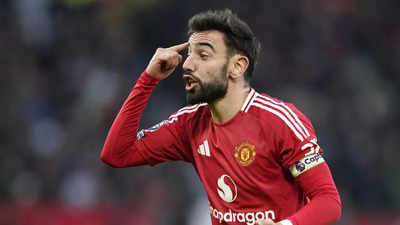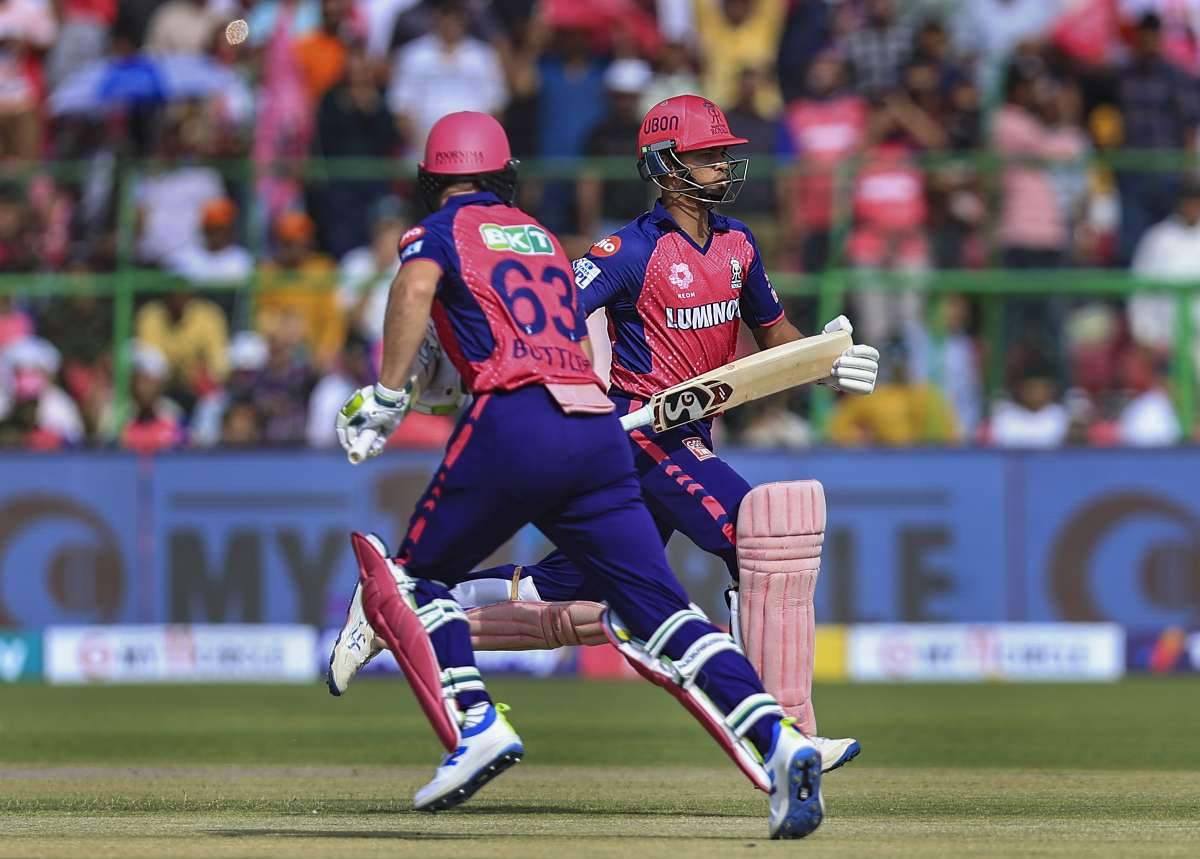Liverpool and Manchester United, once English football’s fiercest rivals, face each other at Anfield on Sunday. The two teams are currently on very different trajectories.
Liverpool is at the top of both the Premier League and the Champions League. They aim to match Manchester United’s record of 20 Premier League titles, and potentially achieve even more. In the last seven years, Liverpool has only lost once to United in the Premier League. Their most recent encounter was a 3-0 victory for Liverpool at Old Trafford in September.
Manchester United finds itself closer to the relegation zone than the top of the table. This season has been another difficult one, marked by the departure of a manager and sporting director, and the sidelining of a key player.
The growing disparity between the two clubs is stark. Liverpool is vying for a quadruple of trophies, while Manchester United is battling to avoid relegation. This begs the question: how did two of England’s most successful teams end up on such divergent paths?
Manchester United’s decline has been evident since their record 20th title win in 2013, Alex Ferguson’s final season as manager. The club hasn’t come close to winning the league since his retirement. Ruben Amorim is the sixth permanent manager appointed in the past eleven years.
David Moyes, Louis van Gaal, Jose Mourinho, Ole Gunnar Solskjaer, and Erik ten Hag have all been unable to achieve consistent success at United. The constant managerial changes have hindered the club’s progress, leading to frequent shifts in direction.
Amorim has quickly grasped the scale of the challenge, having overseen six defeats in his last eight games. He acknowledged the possibility of a relegation battle this week.
“It is a possibility,” he said. “We have to be clear with our fans.”
While Manchester United has struggled to replace a legendary manager, Liverpool’s transition appears to have been seamless.
Arne Slot took on the challenging task of succeeding Jürgen Klopp at the end of the last season. He has since propelled the team to new heights.
Klopp achieved significant success at Anfield, winning a complete set of trophies. His only obstacle to further Premier League titles was Pep Guardiola’s Manchester City.
Under Slot, Liverpool currently leads the Premier League by six points with a game in hand. They also hold a three-point lead in the Champions League and have reached the semi-finals of the English League Cup.
Slot may have benefited from Manchester City’s decline this season. However, Liverpool’s record of 14 wins from 18 league games is impressive in any season.
Manchester United has spent billions on player transfers, yet costly mistakes have outnumbered successful acquisitions.
High-profile signings like Angel di Maria, Alexis Sanchez, Paul Pogba, Casemiro, and Jadon Sancho have failed to meet expectations. Recent additions, including Joshua Zirkzee and Matthijs de Ligt, have also struggled.
If Amorim wants to bring in new players in January, he might have to sell some existing ones. Marcus Rashford, recently dropped from the team, could be a valuable asset to generate funds.
In contrast, Liverpool has been one of the most astute operators in the transfer market in recent years. Their significant expenditures have generally been wise, with players like Virgil van Dijk and Alisson becoming key figures in their trophy wins. Mohamed Salah and Andy Robertson were acquired for relatively modest fees.
Under the ownership of Fenway Sports Group (FSG), the American conglomerate that also owns the Boston Red Sox, Liverpool has regained its prominence in English and European football, ending a 30-year wait for a Premier League title.
Klopp’s appointment was crucial to this success, but so was the contribution of sporting director Michael Edwards. Edwards played a key role in numerous successful transfers. He left in 2022 but has returned as FSG’s chief executive of football and has helped to manage the transition to Slot.
Manchester United’s American owners, the Glazer family, have faced consistent fan protests since their leveraged buyout of the club in 2005.
Last year, British billionaire Jim Ratcliffe made a minority investment in the club, which generated some optimism. He took charge of the club’s football operations, but things haven’t gone as planned.
Erik ten Hag was dismissed just months after signing a contract extension, and sporting director Dan Ashworth left after less than six months. The signings made during Ratcliffe’s first summer transfer window also appear questionable, with United currently 14th in the league, just seven points above the relegation zone.
Liverpool is having an excellent season, but significant challenges remain.
Mohamed Salah, Virgil van Dijk, and Trent Alexander-Arnold’s contracts expire at the end of this season. Salah and Van Dijk are in their thirties, and there’s disagreement over the length of the contracts Liverpool is willing to offer them. Alexander-Arnold has reportedly attracted interest from Real Madrid.
Amorim’s immediate priority is to improve Manchester United’s performance. In the long term, his current squad seems ill-suited to his preferred playing style.




